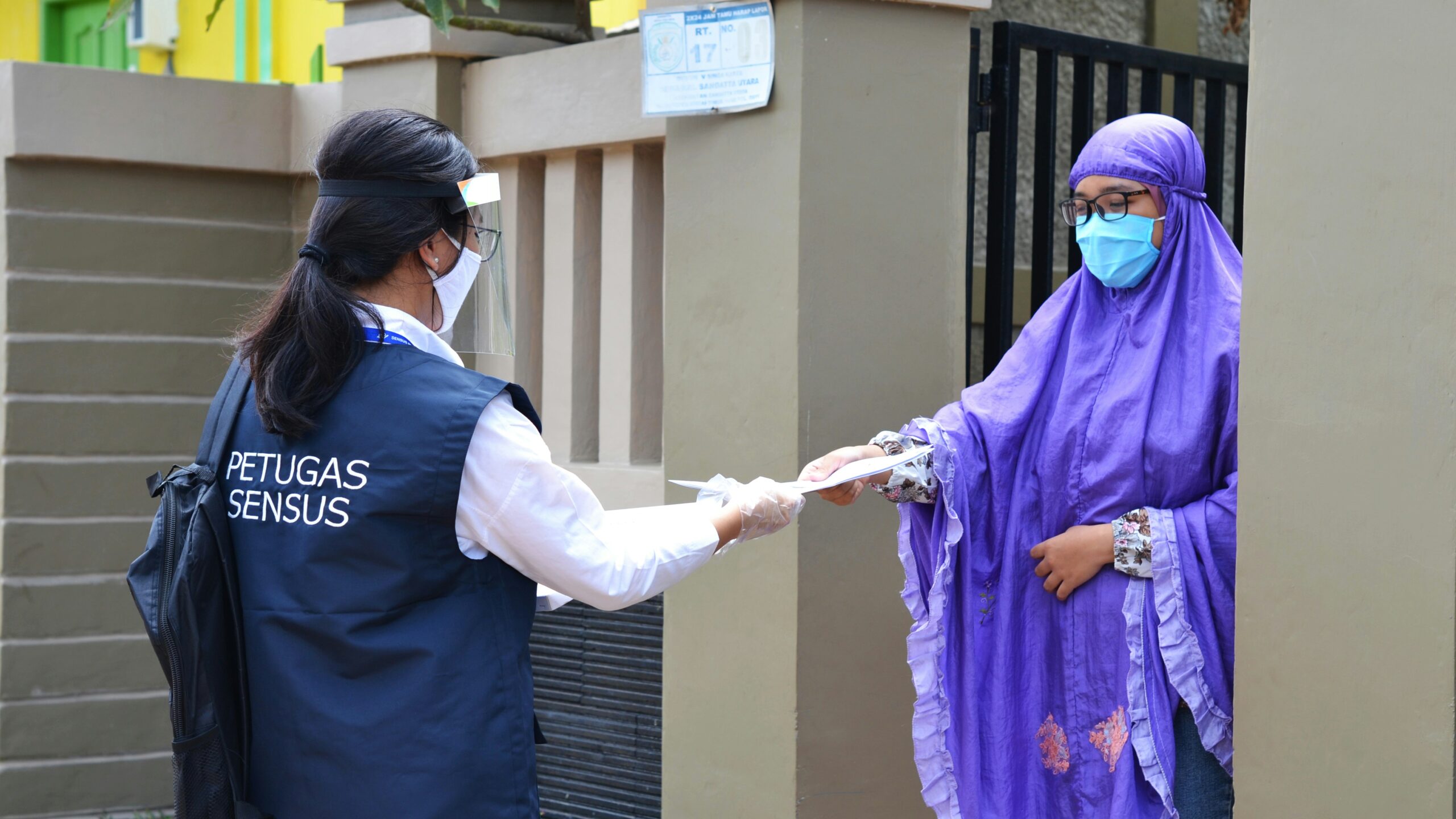Nigeria is bedevilled by many vices. Dishonesty has eaten deep into the system of the nation to the extent that no sector is spared. Nigeria is an exception. Dishonesty is the use of lies or deceit to achieve a purpose.
Many of the problems in the country today are followers, just as followers are not honest with people in authority. But believers can rewrite the narrative. We can decide to expose honesty if we are honest ourselves.

We should live in such a way that other people can emulate our godly virtues. When believers decide to stand out amid the corruption in the country, Nigeria will be great again. This study will examine some dishonest acts and how to deal with them.
Dishonest Acts in Governance
Bribery
Bribery is an unlawful payment given to a government official in exchange for his official powers. It requires at least two partners, the giver and the receiver. This dishonest act has negatively affected the country as government officials manipulate the system and are careless of its effects on the country.
Malpractices
These are irregular acts performed by individuals, electoral bodies, political parties, etc. It could be informed of examination malpractices by government officials, influencing the smooth conduct of due process.
Misappropriation of funds
This is unauthorised or what was intended. People in authority are not always truthful rather meet the needs of the public.
Money laundering
This is an illegal process of moving large embezzlement, stealing, drug trafficking, terrorist funding, child trafficking and the like.
False witnessing
This is an act of lying, misrepresentation and giving of false testimony or evidence by an individual in any case to conceal the truth or pervert justice. As a criminal offence, this has affected judgment in the law court, and many citizens have fallen victim to such dishonest acts.
Electoral Fraud
Electoral fraud involves the buying of votes, vote rigging, falsification of electoral results, and illegal interference in the process of electioneering. The government often interferes with the election process to favour itself and deny the masses their mandate. The outcome of such fraud has slowed down the growth of the election process in the country.
Effects of Dishonesty on Governance
The evil effects of dishonesty in governance in Nigeria today are concentrated in the hands of a few personalities, both social vices like armed robbery, kidnapping, pipeline vandalism, drug peddling, human trafficking, ritual killing, internet fraud, and a host of other vices.
According to a report by Transparency International, a non-governmental world body, Nigeria is ranked one of the most corrupt nations in the world. Other effects of dishonesty in governance include:
Poor leadership
Dishonesty breeds bad leadership. As a result of dishonest acts, those who are in authority show little or no concern for the masses. Their selfish inclination has slowed down the growth of the nation. It is difficult to have exemplary leaders where dishonesty thrives in governance.
Insecurity
The rate of insecurity in the nation is alarming. Lives and properties are no longer safe as a result of dishonest acts. Kidnapping, indiscriminate killings, terrorism, banditry, and the like continue to challenge the nation, and the security sector of the nation appears powerless while these criminals are operating with impunity.
Socio-economic inequalities
Dishonesty leads to poverty in the nation. Poverty is a challenge to nation-building because the gap between the rich and the poor is so wide. The rich continue to amass wealth while the masses languish in penury.
As a result, there is a high rate of crime. Despite a series of programmes introduced to bridge the gap, it has remained unabated because of dishonest acts in governance.
Antagonistic constitutional provisions
The constitution that guides the nation in itself is faulty as a result of dishonest sections, which marginalise some sects of people in the country.
For example, the stage for the ethnic division was set by the selfish colonial policy of “divide and rule,” and such a policy has never been in favour of every citizen but some set of people.
Dealing with Dishonesty in Governance
Dishonesty in governance is evil.
It is an ungodly attitude because of its negative effects, as highlighted above. Every citizen, both the government and the governed, should work together to curb dishonesty.
If we refuse to eradicate it, it will continue to choke the growth and development of the nation. Citizens of this nation, both within and in the diaspora, ought to work together for the good of the nation.
All levels of government must be sensitised and sanitised to Nigeria of corrupt individuals, especially those in authority. Meanwhile, every citizen has one role or the other to play.
Dishonesty in governance can be eradicated through. Work and take responsibility for what is given to us as stewards: Ecclesiastes night”.Every citizen should work hard to try to achieve our goals with a consistent effort so that we start to get results.
Education
This is the transmission of knowledge through methods like teaching, learning, and so on. It is a powerful tool for poverty, eradicating illiteracy and expelling ignorance. When citizens are educated, they will be enlightened to make informed decisions.
Commitment to moral values
Moral commitment is reflected in religious or social beliefs. This is derived from values about the importance of acting in a manner that affirms one’s vows, promises and obligations.
It is also a personal commitment to moral actions and accepting responsibility for the outcome. Society must uphold its moral standards by encouraging its citizens to have a total commitment to society’s standard of what is right and what is wrong.
Strengthening the law enforcement and anti-corruption agencies
These agencies were created to fight corruption, and they should be given a free hand to operate. The government should not interfere in their duties if corruption is reduced or eradicated.
The agencies must be adequately funded to make them carry out their functions effectively. Agencies such as the Independent Corrupt Practices and Other Related Offences (ICPC).
It is the Economic and Financial Crimes Commission (EFCC) that has the duty of going after individuals, organisations or institutions that are involved in corrupt practices. They are tried in court, and when they are found guilty, they are made to face the wrath of the law.
Conclusion
Live a godly life in an ungodly environment. We should not be an authority but should be Christ-like.
If a child of God in governance has been dishonest up till now, such an individual should repent and start living according to God’s standard.
Although living godly in an ungodly environment can be difficult, it is not impossible by God’s grace.
Focus 1
To eradicate corruption, every citizen must collectively join hands to deal with it for the good of the country and be committed to its development for the good of all citizens.
As citizens, we should not be selfish but protect one another’s interests. Those who hold public offices should also realise that they will be held accountable for their stewardship.
Let your attitude towards the national issues discussed this month motivate you to take some practical steps to eradicate corruption.
Focus 2
As patriotic citizens, we should have the interest of the nation at heart. Christ’s disciples should be exemplary citizens who entrench peace, justice, truth, equity and progress.
We should be concerned about the affairs of the country. Although the government has a vast role to play, the governed, too,o should also play their part towards the growth and development of the nation.
As we actively decide to love our nation, we will become good nationals who expect good governance, and we will join hands with the government to fight corruption.
God expects that Christ’s disciples should stay nd the country. The system of government may be failing in its responsibilities, but it is not an excuse for us to live ungodly. Read more related posts on our news page of the site.








